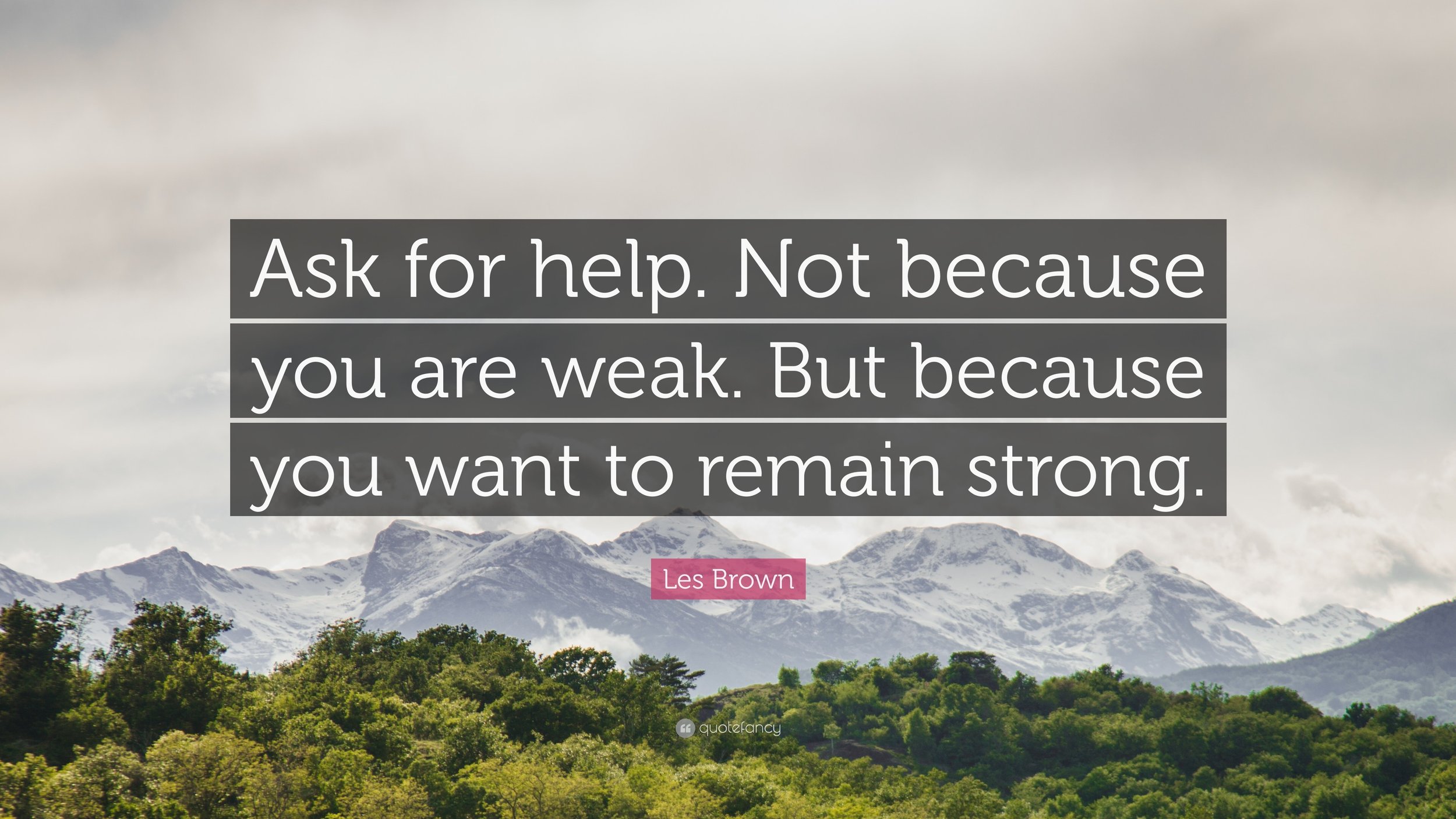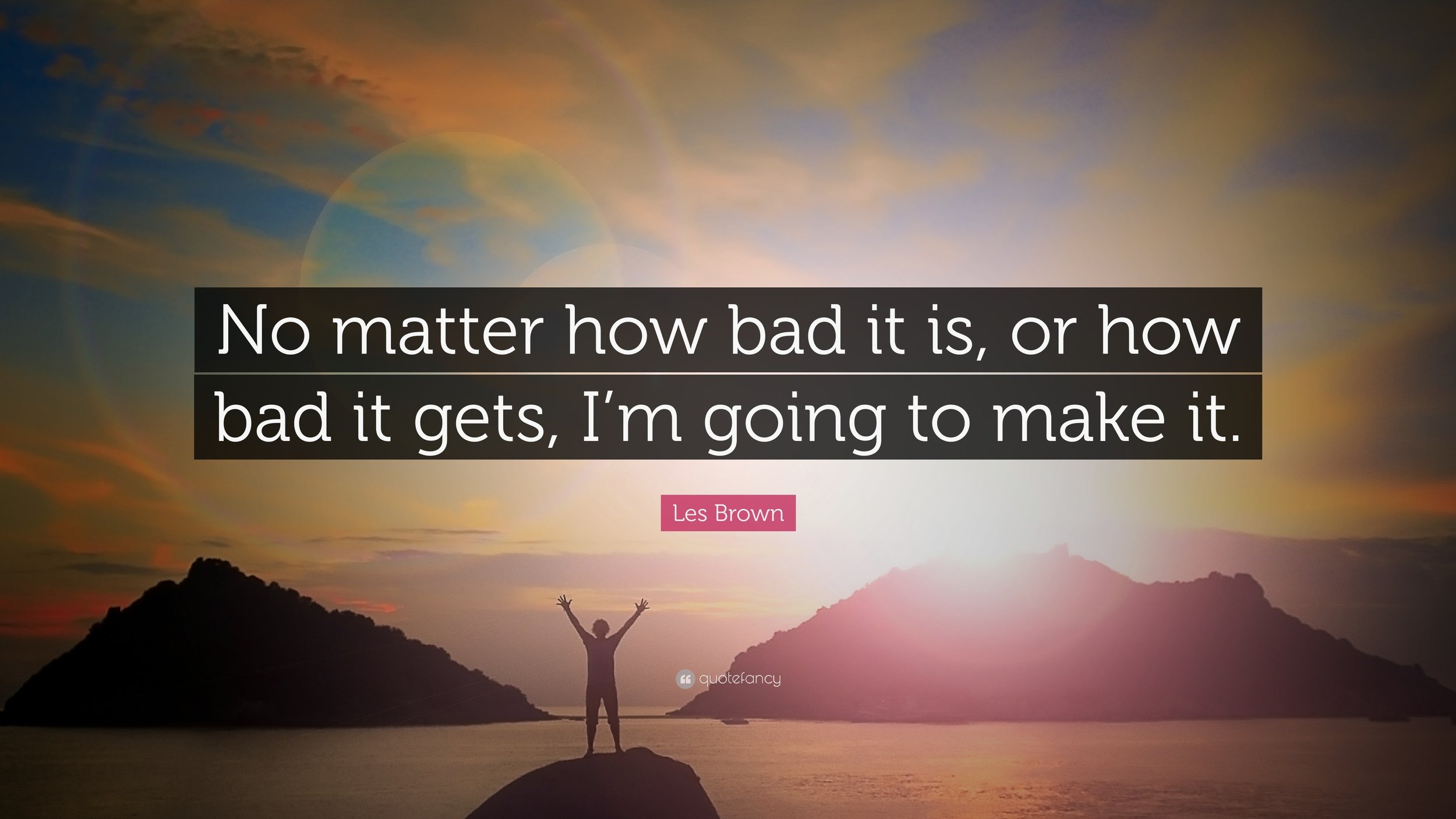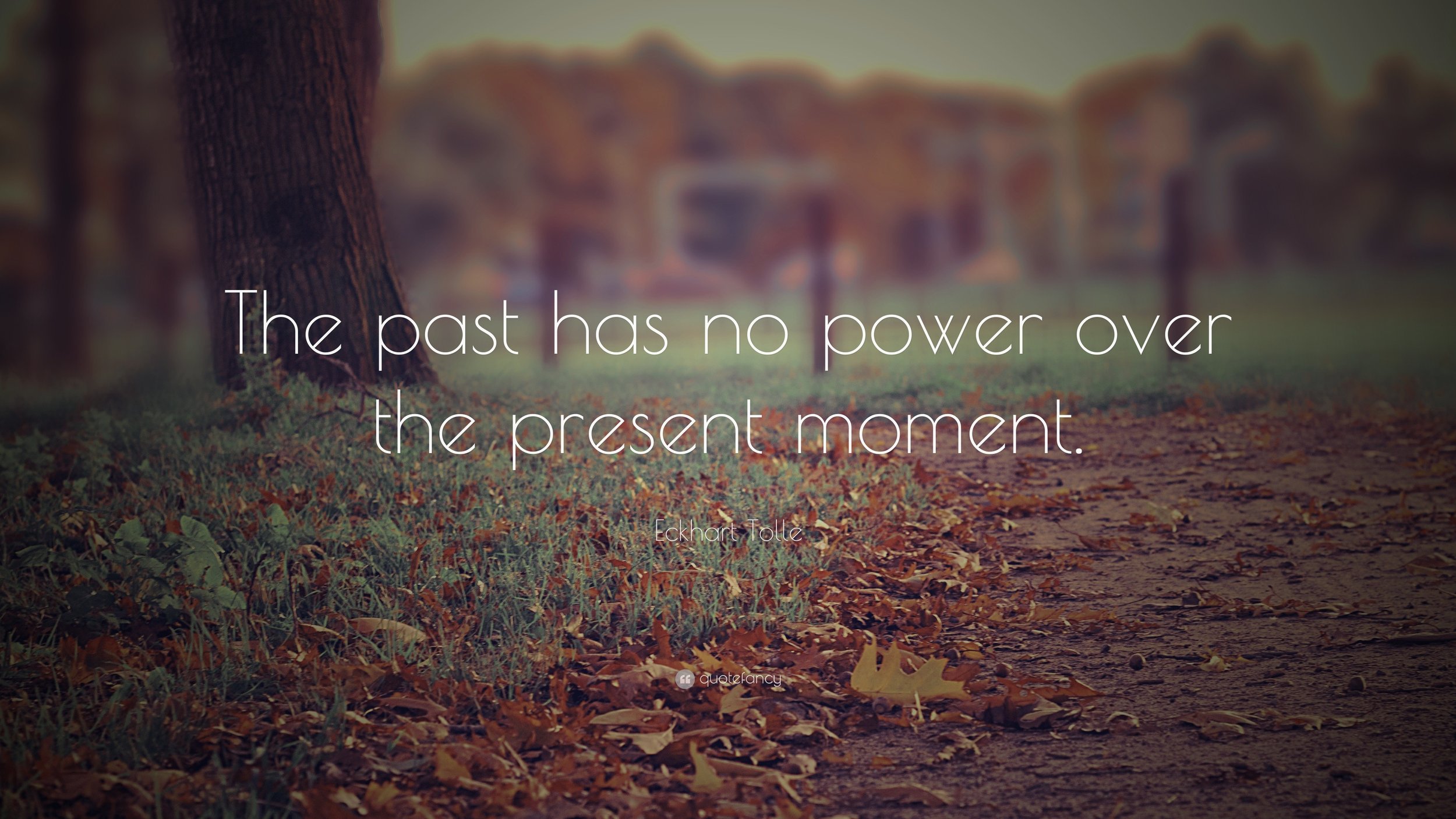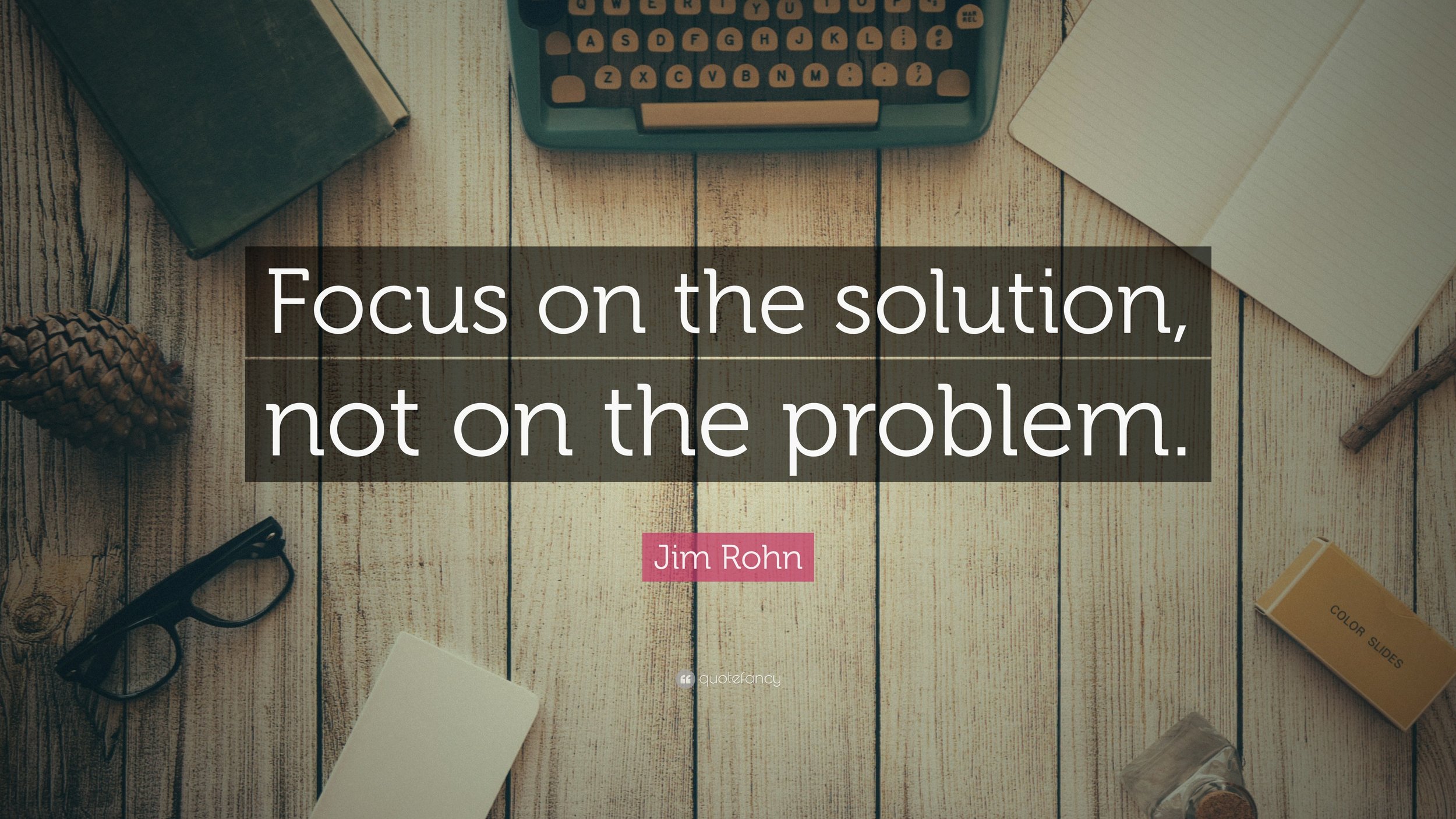
Protecting Yourself From Second-Hand Anxiety
Do you feel anxious when your child or teen is anxious? Can you feel your own anxiety rising as your child retells an anxious event from their day? In all likelihood, the answer is yes. This phenomenon is called second-hand anxiety. Second-hand anxiety simply means feeling anxious because someone else is anxious. This happens because our brains are equipped with mirror neurons. These neurons’ purpose is to imitate other’s movements and feelings. They help us learn just by watching someone complete a task. They also allow us to feel what other people are feeling. Studies have shown that observing someone expressing anger increases cortisol in the blood by 26%.

I’m Tired - Help!
Tired is a word that can mean so many things. We use this word to mean in need of sleep, finished exercising, or even annoyed with a situation (i.e. “I’m tired of this”). You can be multiple kinds of tired at once, and they often overlap. We can be emotionally, spiritually, or physically tired. When someone says that they are tired, the advice is usually to rest. However, rest can look different depending on what kind of tiredness you are experiencing. If you are resting for a kind of tiredness that you are not feeling, the feeling will not go away. Seems pretty straightforward!

When Anxiety Comes Out Sideways
Oftentimes, when dealing with kids, teens and even some adults, anxiety doesn’t present itself as them saying “I feel worried” but, instead, as behaviors. These behaviors may include yelling, hitting, crying, kicking, and shoving. They may refuse to do what they have been asked, attempt to control the situation, or ask questions. Physical symptoms may include headaches, stomach aches, difficulty sleeping and isolating themselves. When working with an anxious child, it is important to see these behaviors as what they are: a form of communication. Something has happened that has made your child’s brain feel threatened or unsafe and now the amygdala has taken over.

Finding Support in Challenging Times
Support is crucial to getting through challenging times, and not being able to express how we are doing can lead to further mental health problems. Reaching out for help is hard, and not everyone feels capable or ready to do that when they need help. If we are not really listening when we ask people how they are doing, we are perpetuating a dangerous cycle.

10 Tips to Help with Seasonal Affective Disorder
As the seasons change, and the days seem to become shorter some people feel a little more sad or more tired than usual compared to the warmer months. This is called Seasonal Affective Disorder, or SAD for short. It usually happens in the fall and winter when there is less sunlight, and the temperatures begin to shift. But don’t worry! There are ways to feel better and make the most of every season of life. Here are 10 tips and strategies to help you feel happier during the colder months.

Simple Ways to Work on Self-Improvement
Many individuals want to invest in self-improvement to be more mindful, to learn new skills, or to improve their overall well-being. But just how do you improve yourself? While there’s no one way of working on self-improvement, there are some strategies that have been proven to help.

Cognitive Behavioral Therapy (CBT) Exercises You Can Do At Home!
At its simplest, CBT is designed to change unhelpful thoughts, beliefs, attitudes, and behaviors to improve emotional regulation and solve problems with coping strategies. In other words, with practice you can change negative thoughts (“I am terrible at everything I do,”) to thoughts that allow for positivity and growth (“I didn’t do as well as I hoped but I will be better next time”). Over time, you will become more self-confident and have a better outlook on life. Reaching your goals will suddenly become a much easier task. A therapist can help you through the process of deconstructing and redirecting negative thoughts and behaviors, but there are many ways you can get started at home.

This is Your Brain on Meditation
If you hear the word “meditation” and think “that’s not for me,” “I can never get my thoughts to quiet down,” or “I don’t have time for that,” you are far from alone. You might picture someone sitting (or laying) with their eyes closed and an unmatchable willpower to simply send their thoughts packing. While this image isn’t entirely wrong, it certainly isn’t the only type of meditation.

10 Fun Sober Summer Activities for People In Recovery
Summer is here, and it's the perfect time to enjoy the sunshine and have fun with friends and family. If you're in recovery and looking for fun and creative activities that don't involve alcohol or drugs, there are plenty of exciting things to do. Here are 10 fun ideas to make your summer memorable.

Distraction - An Excellent Coping Skill
Sometimes, what we need a break from is our own thoughts or feelings. When our emotions feel overwhelming, they can also be harmful to our self-esteem, or, in more severe cases, to our physical or emotional safety. Positive distraction has a place in mental health, and, when used with other ways of coping, can be very healthy.

Building a Coping Kit
A coping kit is simply a list of skills and strategies a child can use when feeling anxious. It helps to practice these strategies when the child is already calm. Sometimes children can memorize their list of strategies but others may need to have them written down.

Misophonia: When Sounds Are Too Much
Chances are, a lot of people that you know are struggling with Misophonia. Once you start talking about it, you may notice more people coming forward to say they struggle with it as well. While asking someone to tolerate a minor annoyance is reasonable, this is more than that. Have patience with yourself, and talk about it!

How to Cope with Anxiety Caused by Things Out of Your Control
While we can't necessarily stop our brains from perceiving “things that are out of our control” as danger that will trigger anxiety, we can control our responses once anxiety shows up and we can also retrain our brains to not perceive a lack of control as anxiety.

Academic Burnout
The difference between the typical stress of the adjustment period of starting a new school year and burnout is how long these symptoms accumulate without adequate strategies or support for coping with the stress. If people are not able to successfully cope, they can end up suffering mentally, physically, and emotionally for months or years on end, which is not sustainable to our wellbeing.

You’ve Heard of Fight or Flight… But What About Freeze?
Fight, Flight, and Freeze are the three responses that are biological instincts to protect us when our lives are in danger. However, what we find sometimes is that we experience fight, flight, or freeze even when there is not a threat to our lives.
